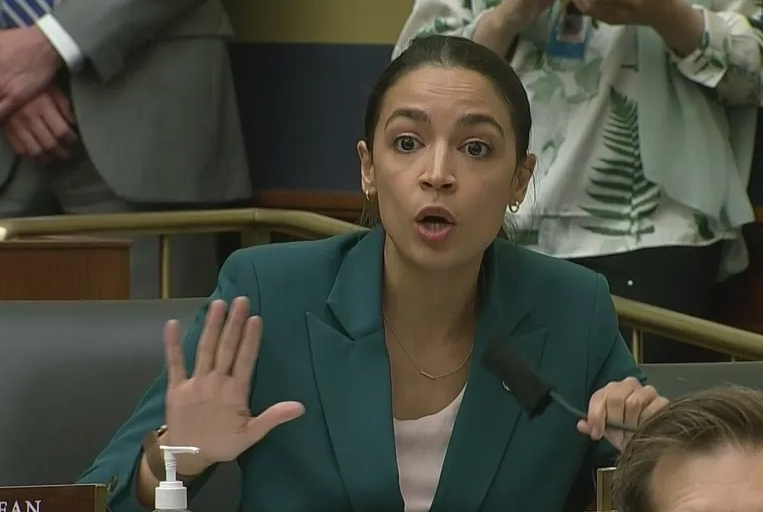Nate Hochman explains at National Review Online why Democrats are unlikely to take steps to distance themselves from the radical left.
Democrats are in trouble in 2022. That much is obvious. Inflation, crime, rising energy prices, persistent Covid alarmism, a disastrous and humiliating end to our 20-year engagement in Afghanistan, and a presidential administration that has utterly failed to deliver on Joe Biden’s campaign-trail message of “a return to normalcy” — all roads point toward a red wave in the November midterms.
But Democrats are also facing an institutional problem that could pose a longer-term challenge to their political ambitions. The party seems incapable of distancing itself from the Left’s increasingly radical stance on contemporary culture-war issues such as critical race theory (CRT) and radical sexual and gender ideology. It has often been said that American voters lean center-left on economics and center-right on culture — and while that’s an obvious oversimplification, it’s true that Democrats tend to win when they emphasize the popular economic parts of their platform (health care, generous public spending, and so on). But even in the face of a coming red wave, the party has continued to double down on the deeply unpopular left-wing cultural ideology that has captured the imagination of its activist class.
During his 1992 presidential campaign, Bill Clinton famously drew a sharp line in the sand between himself and the farther-left Jesse Jackson wing of his party. In what came to be known as a “Sister Souljah moment,” Clinton, during a speech to Jackson’s “Rainbow Coalition,” criticized the rapper Sister Souljah for endorsing the killing of white people — comments that were “filled with . . . hatred,” Clinton said. …
… You’d think that Democrats facing difficult races in 2022 and beyond would be doing everything they could to distance themselves from their party’s national image on social issues. But the outsized influence of the party’s activist wing, powerful teachers’ unions, and the left-leaning corporate media make it difficult for even the ostensible moderates to pivot to the center on cultural issues.


